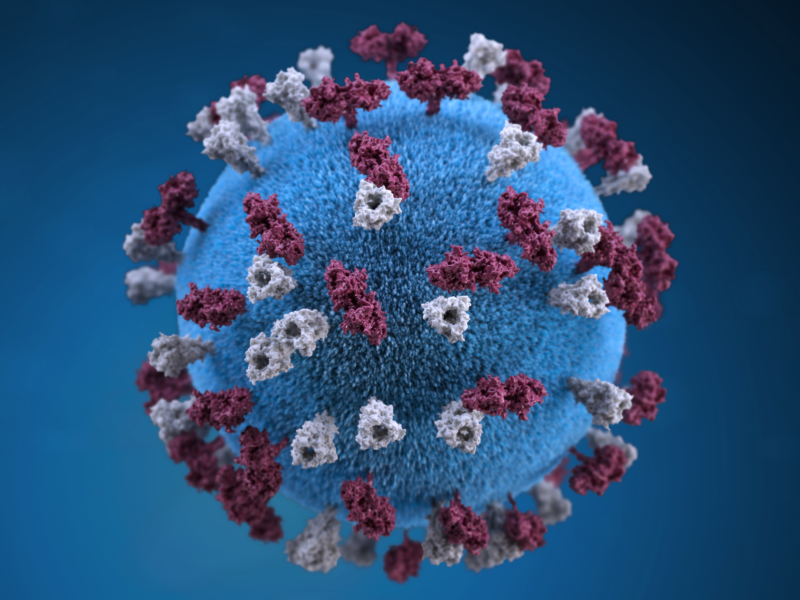As of Tuesday, November 15, authorities believe there are 207 cases of typhoid in Harare, the capital city of Zimbabwe. The outbreak was first reported in early November when two dozen people were under observation in a local hospital with suspected typhoid. No deaths have been reported so far.
According to the Combined Harare Residents Association, the city council has failed to address the water problems in the city and, as a result, many residents lack access to clean water. Impoverished residents often rely on water from open, shallow wells that are likely to be contaminated. Some have been without access to filtered, piped water for months as a result of Zimbabwe’s economic turmoil.
The lack of water, combined with record high temperatures, has created a perfect environment for infectious disease. Many fear a return of cholera, another waterborne illness that killed more than 4,000 people in Zimbabwe in 2009.
Typhoid fever is caused by infection with the bacterium Salmonella typhi. It is transmitted by contact with feces or urine of an infected person, usually through contaminated food or drink. Within one to three weeks of exposure, a patient may exhibit symptoms such as high fever, headache, constipation, diarrhea, rose-colored spots on the chest and enlarged liver or spleen. However, it is possible to be a carrier of typhoid without exhibiting symptoms, such as the infamous case of “Typhoid Mary,” a cook in New York City in the early 1900s believed to have infected dozens of people as an asymptomatic carrier of the disease.
Typhoid remains a serious threat to health in the world, with an estimated 17 million annual cases globally. While the simplest prevention is personal hygiene and proper sanitation, a typhoid vaccine does exist. In June 2011, the WHO granted prequalification to Sanofi Pasteur’s Typhim Vi vaccine against typhoid; prequalification allows for procurement of the vaccine by all UN agencies for distribution amongst those most at risk of the disease. The move was championed by the Coalition Against Typhoid, a global forum of health experts working to support of childhood vaccination against typhoid.

